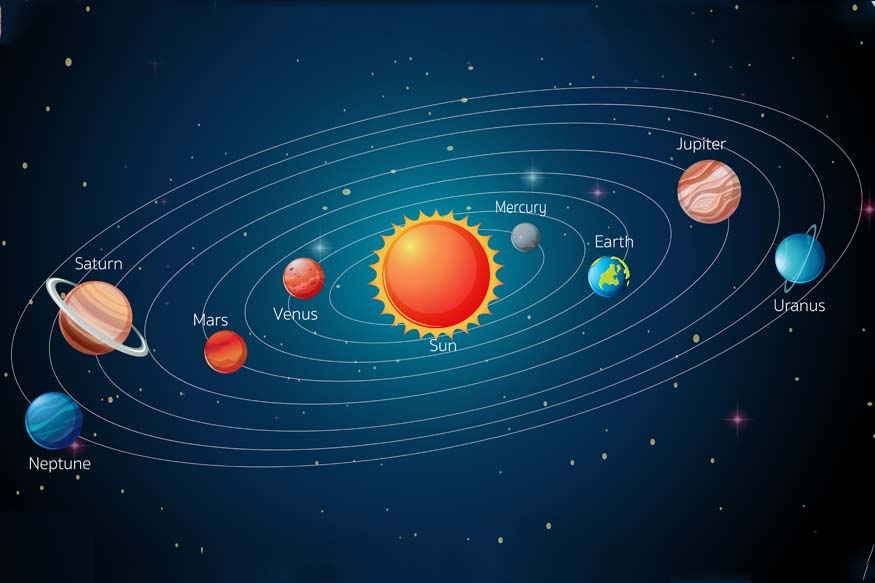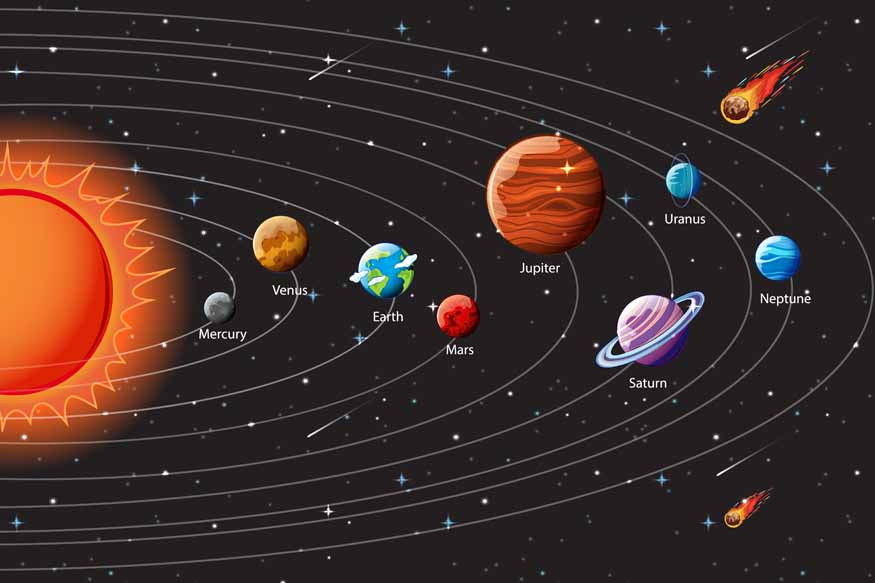Pronouns are essential building blocks of language that make our sentences more efficient. Understanding pronouns and ways to use them correctly is crucial for clear communication. In this article, we will dive into the different types of pronouns and provide...
Featured Blogs
LATEST BLOGS
What is Addition? A Guide to Teaching Addition to Kids
Education Math StudentAddition is one of the fundamental building blocks of mathematics and something we use every day. From counting our toys to calculating the total cost of our snacks, addition is everywhere. In this guide, we will dive into the basics...
The numerous advantages of computer education in schools
Child Development EducationThe term computer education is broad, but it mainly focuses on two ideas: learning how to use computers and gaining knowledge about them. The meaning of computer education has changed over time. In the past, computers used complex languages that...
Why is Punctuality Important in a Student’s Life?
Child Development ParentPunctuality is one of the most important qualities that a student must possess. It is not just about being on time but also about respecting others, managing time effectively, and cultivating a sense of discipline throughout life. For students, punctuality...










